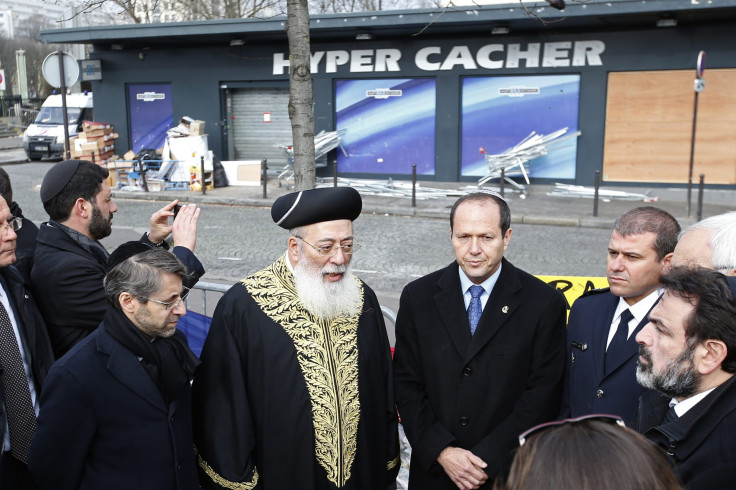UN Holds Meeting Discussing Growing Anti-Semitism Around The World

During the United Nations General Assembly’s first-ever session devoted to anti-Semitism, French philosopher Bernard-Henri Levy addressed what he called the rising “plague” of anti-Jewish violence and discrimination.
Levy addressed the many ways anti-Semitism has taken form, saying it is manifested in three key ways: the denial of the Holocaust, not recognizing Israel as a legitimate state, and saying Jews who commemorate Holocaust victims trivialize the hardships of other nations and issues.
Levy called on members of the U.N. in his quest to end discrimination. “We will stand guard and we will safeguard the Jewish state and the Jewish people,” Israel’s UN Ambassador Ron Prosor said. Levy and Prosor were joined by Saudi Arabia’s Ambassador Abdallah Al-Mouallimi in denouncing the behavior, saying that Islamic states support the condemnation of words and acts that result in “hatred, anti-Semitism [and] Islamophobia.”
Samantha Power, the American ambassador to the UN, called anti-Semitism a "global problem" that goes beyond Europe. “We cannot forget that particularly in the Middle East and North Africa, Holocaust denial is commonplace and accusations of blood libel appear in the official press,” Power said.
Levy’s keynote address took place just a day after a group of Israeli tourists were injured while traveling in the southern Patagonia region of Argentina in what is being labeled an anti-Semitic attack, and less than two weeks after the hostage killings of four French Jews at a kosher market following the terror attack in the Paris office of satirical magazine Charlie Hebdo.
According to a report by the Anti-Defamation League, Argentina is home to Latin America’s largest Jewish community, with an estimated 300,000 identifying as followers. It also has been the breeding ground of anti-Semitism as a result of the pro-Palestinian political ideology from nearby Venezuela known as “Chavismo.”
Local reports said the tourists were attacked with broken bottles and large sticks outside the hostel where they were staying. “They shouted, ‘Go, f----ing Jews. You f----ing Jews are robbing us in the Patagonia region,' ” Yoav Pollac, the owner of the hostel, told the Argentine newspaper Clarín. "It was a terrifying moment, several hours of fear."
© Copyright IBTimes 2025. All rights reserved.





















